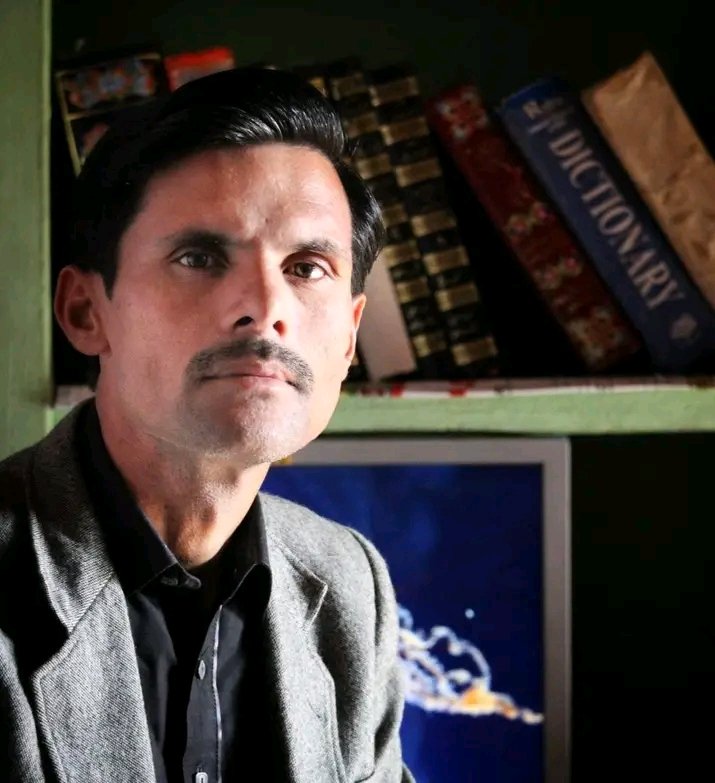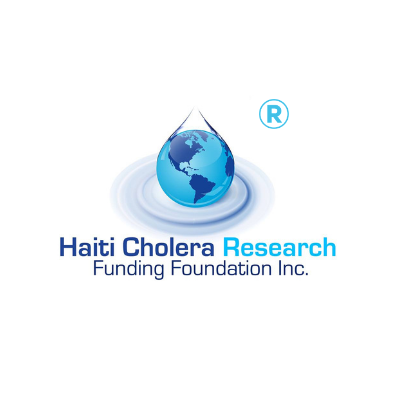Health is a fundamental human right. Everyone should have access to health facilities and services without discrimination. Health care professionals play a key role in providing and improving quality health care for the population. Due to their unique services to humanity, health care professionals deserve to be called “heroes” in today’s modern world. One of these heroes is Pierrette J Cazeau, President & CEO of the Haiti Cholera Research Funding Foundation Inc.
HCRFF USA was established in 2013 by 3 health experts and one research librarian. It is a global humanitarian NGO with 501(c)(3) and ECOSOC status made up of four countries (the USA, Canada, Sri Lanka, and Indonesia) and has over 17 focal points around the globe, except Haiti. HCRFF USA serves 98 percent Hispanic communities, 1 percent African-Americans, and 1 percent whites from Broward County to Port Saint Lucie through our projects. It is a 501(c)(3) organisation that has also been granted UN ECOSOC status (UNCCD UNFCCC UNEP). It collaborates with the following organizations: FAO for Soil Degradation, CEFARM/WPF, and others. As president, Pierrette serves as the following ECOSOC Conference Focal Points: PMNCH Focal Point, UNGMP Focal Point, and UN Women Focal Point for the Generation Equality Forum, a partner with GFAR for small farmer entrepreneurship. All 17 international focal points represent us in areas ranging from health to the environment.
Pierrette is a highly educated woman. She earned a Master of Business Administration in Health Services Administration and Human Resources Management from Nova Southeastern University, a Bachelor of Sciences in Organizational Management, Human Resources Management, and Organizational Behavior from Palm Beach Atlantic University, and an Associate of Arts in Pre-Nursing from Palm Beach Community College. She earned a postgraduate degree in Criminal Justice from Capella University. She earned a degree in Global Public Health Diplomacy from the Graduate Institute of Geneva. She has earned several certificates and published several articles.
“My health professional career started during my college period, when I was doing my internship as a nursing home administrator. This is where I developed my love for public health research. I had the opportunity to write about the pandemic flu for the American Public Health Association’s section on gerontology during my PhD program. This opened many doors for my career. I became an abstract and manuscript reviewer for several conferences. This led to a teaching career at colleges and universities in the field of health care. My second opportunity took place in 2013, when I studied the cholera outbreak in Haiti. This led me to find out where the original source came from. Haiti has a cholera history that dates back to 1845 and continues to this day. However, in 2010, the old strain merged with a new, vaccinated strain to create a massive explosion. Since Haiti lacks any record in public health, the country was not aware of how to deal with the bacteria. People were not educated enough to understand how to prevent the bacteria from progressing,” Pierrette said.
Pierrette’s accomplishments are highly inspiring. “In 2017, my research was accepted to be part of the United Nations Environment Assembly’s Third Civil Society Voluntary Commitment WASH Project. I developed a curriculum for students to train youth in environmental issues, using the United Nations SDG Goals to train over a hundred students about environmental issues, including washing hands. The goal was to ensure that cholera would be eradicated in all areas of the country. We fought very hard, and it was a challenge to reach more women and children to educate them regarding the importance of public health in eradicating cholera and non-communicable diseases. Reports were submitted to the United Nations Civil Society, and the project was presented at the United Nations Environment Assembly IV in Nairobi, Kenya. The Haiti Cholera Research Funding Foundation presented the project at the 3rd United Nations Environment Assembly in Haiti’s Voluntary Commitment WASH Project, where I received an enormous amount of support from UN Staff to invite Member States to visit our booth for additional support, but the project was completed and no additional support was required. The United Nations renewed our foundation’s ECOSOC status for cholera eradication in Haiti in May 2022. As a result, the Haiti Cholera Research Funding Foundation USA is the only non-governmental organisation (NGO) participating in the 3rd Haiti Voluntary Commitment to Eradicate Cholera in Haiti 2019,” she said.
Pierrette’s passion to eradicate cholera is highly inspiring. Under her wise leadership, Haiti Cholera Research Funding Foundation Inc. has grown to become one of the world’s leading non-governmental organisations working to eradicate cholera. “Cholera is a debilitating disease affecting large regions of the world, including Africa, Asia, Latin America, and the Caribbean. Due to mainly poverty, a polluted environment, a failed economy, plus the lack of clean water and sanitation, thousands of unnecessary deaths take place every year. Although knowledge existed of burial sites for victims of cholera, accessing historical cholera DNA was of no use since it can only be found in soft-tissue remains. Estimates from the World Health Organization reveal three to five million new cholera cases every year. From this figure, 100,000 to 200,000 will face death from the disease. Scientists now have access to historical collections and samples, and this is providing a better understanding of how pandemics arise, spread, and ultimately come under control and hopefully be eradicated. Please join me and work together to advance the goal of the foundation,” she always said.
Pierrette’s mission to eradicate cholera is highly inspiring. Due to her outstanding services to humanity and unique accomplishments, Pierrette has become one of the world’s most inspiring women.

Naeem Ul Hassan is an award-winning author who has written extensively on Female Empowerment and Global Politics. He contributes regularly to the Voice of Canada and is a guest contributor to the International Policy Digest. He is the author of the well-known novel BLACK HEROINES. The Gentlemen of Heart Awards London (GOHA) honored him for his outstanding literary achievements.

